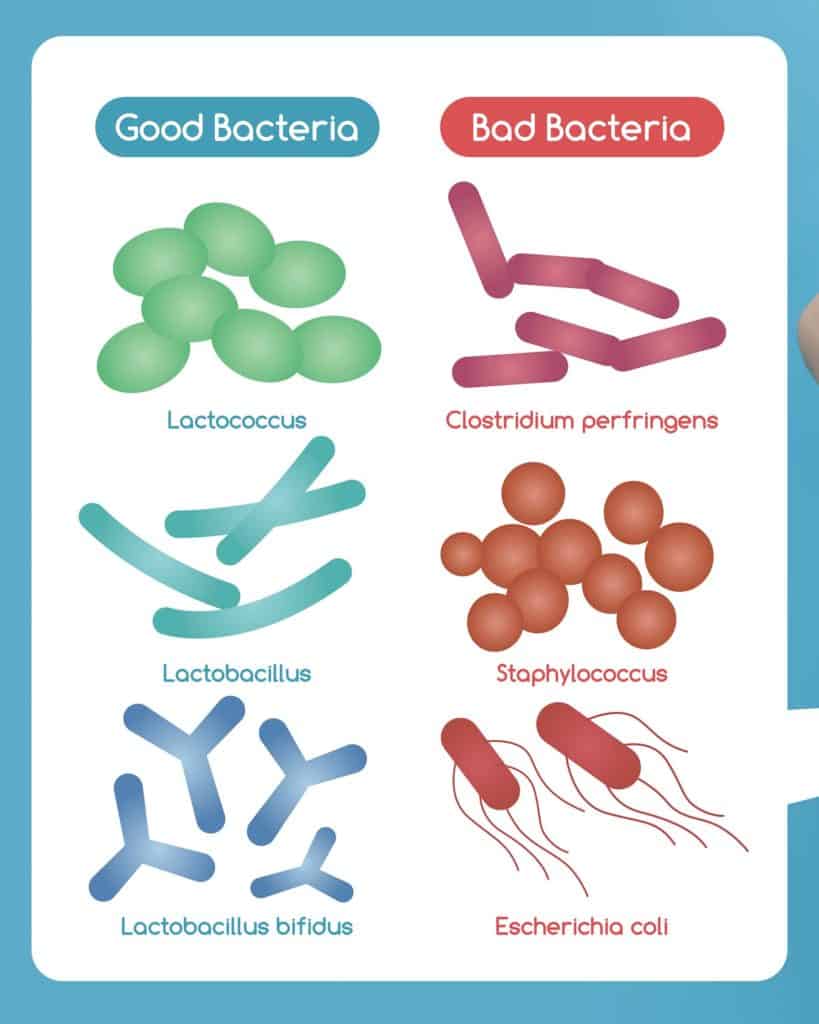Probiotic myths: all probiotics do the same

In case you hadn’t noticed, we’re passionate about probiotics at The Hub! The health of the bacteria that lives in our guts (our micro biome) is crucial to our overall health. If that’s out of balance or depleted – and for the vast majority of the population that is the case – then you’ll be operating below par, or you could be making yourself ill. And that’s not just physically ill, but mentally too. We reckon that future generations will look back at us and be totally dumbfounded at our lack of knowledge about just how important our gut health is in keeping us happy and healthy and long-lived.
And that’s where probiotics come in. They are healthy bacteria that you can use to replenish depleted or imbalanced gut flora. Most people simply buy a probiotic and think ‘Bob’s your uncle’ – but actually Bob comes in loads of shapes and sizes, just as the men called that do! If you are to get maximum benefit from your probiotics you need to pick wisely, to match your symptoms or the effect you desire from your probiotics to the product you buy.
One size does not fit all
Research shows that different probiotics have different benefits. For example, clinical trials prove that Lactobacillus rhamnosus Rosell-11 supports gut health, yet research reveals that Lactobacillus rhamnosus GR-1 supports vaginal health. So read the labels, and choose exactly what you need – otherwise you could be shooting good bacteria to the wrong part of your body! Or giving yourself a boost of a bacteria you already have plenty of or that’s not fit for purpose.
In a healthy state there is a huge diversity of micro-organisms in our body. There are similarities between some micro-organisms but they have subtle, and often significant, differences in how they help with various aspects of our health. As a general rule of thumb Lactobacilli tend to live in the small intestine and their properties include the secretion of digestive enzymes to help break down food, whereas Bifidobacteria tend to live in the large intestine and, among other benefits, are important to ensure we have regular bowel movements. However, within each of these genus of bacteria there are many species, and within each species there are many strains; these strains have been shown to have different effects on the body.
Why do you want probiotics: to help when antibiotics or to combat cystitis?
For example, in comparing the properties of two different strains from the same species: Lactobacillus rhamnosus, it soon becomes apparent that they have totally different attributes. Lactobacillus rhamnosus Rosell-11 has been shown in numerous clinical trials to stabilise gut health when taking antibiotics, and to reduce the risk of antibiotic-associated diarrhoea. Lactobacillus rhamnosus GR-1, on the other hand, has not been shown to directly aid digestive health; instead it has been shown to colonise in the vaginal tract and to help maintain balance in the microflora of the intimate area, especially in conditions such as thrush, cystitis and bacterial vaginosis.
When it comes to probiotics research shows us, time and time again, that is it certainly not a one-size fits all. At The Hub we stock various forms of probiotics with specific strains to support various health conditions – ask for help in choosing exactly the type of probiotic you need.
Adapted from material supplied by Optibac
